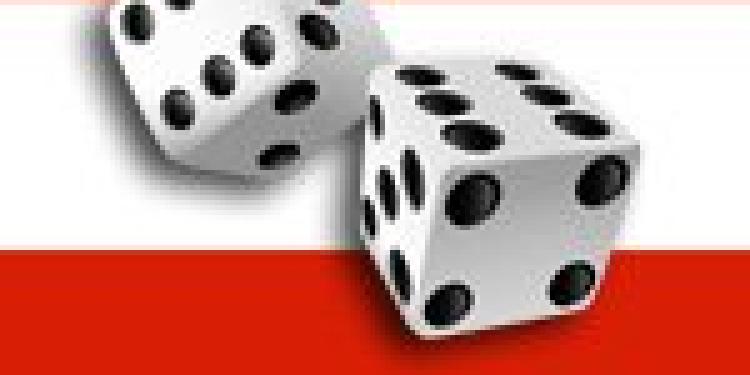Austria Accused of Shielding Gambling Monopolies from Competition
Posted: November 12, 2010
Updated: October 4, 2017
The Gambling Act bill of 2008 proposed changes to Austrian gambling laws that would see power directed away from state gambling monopolies

The Gambling Act bill of 2008 proposed changes to Austrian gambling laws that would see power directed away from state gambling monopolies and moved into the hands of foreign operators. The bill has seen many revisions over the years, but has yet to be approved by the European Commission on the grounds that it shields local monopolies from competition.
The most recent draft submitted to the European Court of Justice was rejected in September 2010 for being unfair to EU competition. The proposed law required operators of online gambling sites in Austria to be physically present in Austria, a requirement the court insisted is unfair to foreign-based gambling companies. At the time it was believed this ruling would set a president that could be used to dismantle gambling monopolies across Europe, but it has since proved to be a less powerful tool than many had hoped.
The latest draft of Romania’s Gambling Act is being criticized for similar reasons. It requires that foreign operators be licensed to offer online gambling in their home country, and insists that the country’s regulators guarantee “comparable supervision and control” as Austrian regulators. In other words, the Austrian gambling license committee would have plenty of reasons to deny foreign applications.
Some say this clause is an attempt to reduce the number of successful foreign applicants for gambling licenses, while at the same time making it easier for local groups to get licenses to offer internet gambling in Austria. Right now, Austria’s gambling industry is in the hands of Casinos Austria and Novomatic, and it seems lawmakers want to keep it that way.












